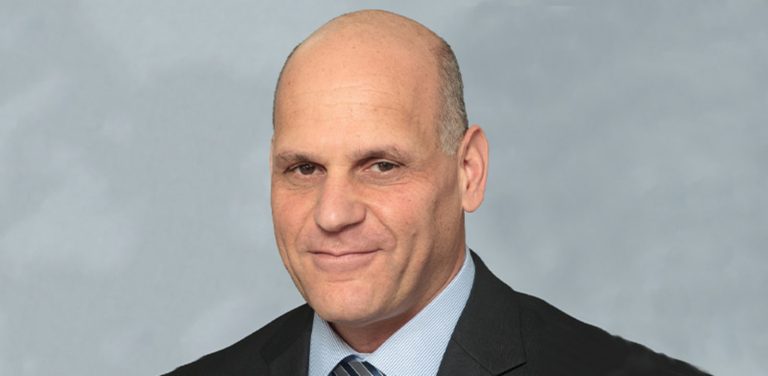Artificial intelligence isn’t just coming for low-skill work, it’s targeting white-collar professionals next. And according to Saurabh Mukherjea, founder of Marcellus Investment Managers, even roles like his are on the chopping block.
In a recent podcast appearance with iNRI, Mukherjea issued a stark warning: repetitive knowledge work—from coding and financial modeling to HR functions and equity research—is rapidly becoming obsolete in the face of advancing AI systems. “Anything which is repetitive… AI will do it cheaper,” he said. “It’s guaranteed.”
Mukherjea admitted he’s already begun reshaping his role to stay ahead. His focus now includes non-automatable tasks—writing books, building new businesses, speaking at global forums, and exploring new markets. “The only relevance people like me will have is doing what AI can’t,” he said.
While AI adoption may solve labor shortages in Europe, Japan, and parts of the U.S., Mukherjea warned that India will face a far harsher fallout. With around 40 million middle-class jobs at risk, he called the AI wave “probably the defining challenge for India over the next 10 years.”
The warning comes amid growing concerns that India’s service-led economy, which heavily relies on skilled but repetitive tasks, may be uniquely vulnerable. Roles in IT services, credit and insurance underwriting, large-cap equity research, and even basic HR operations are all seen as susceptible to automation.
The alarm bells from Mukherjea—a voice typically focused on long-term investing and economic reform—highlight the urgency with which India’s workforce and policy apparatus may need to respond. As AI systems grow more capable, staying employed could mean staying irreplaceable.






